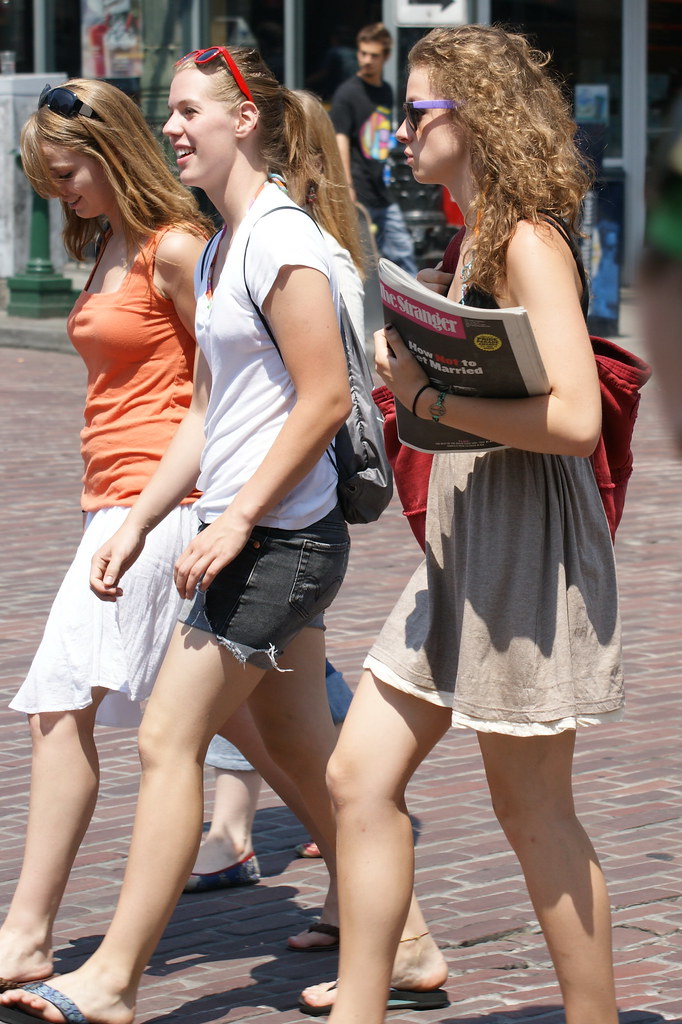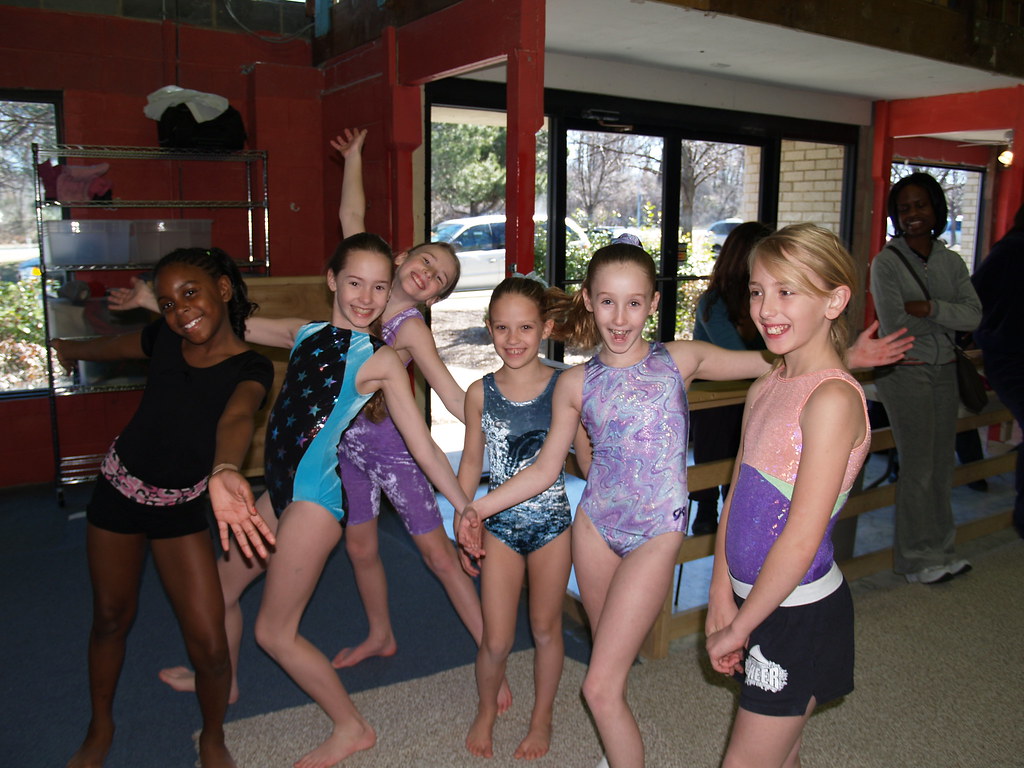
Read more about privacy settings on Flickr here ). photos marked as private, friends, family, or friends and family. With that in mind, we’re limiting free accounts to 50 non-public photos (e.g. It’s a lot harder to do any of that with non-public photos. Flickr is all about sharing photos, giving feedback, finding inspiration, and connecting with your fellow photographers. The second change relates to non-public photo limits. Refining and streamlining our moderation practices means safer spaces for everyone, no matter what kinds of photos you want to see. This ensures all Flickr photographers, free and Pro, will have access to spaces filled with the kinds of content they want to engage with. To support these creators, and ensure that their communities continue to thrive, the ability to share restricted and moderate content will be reserved for Flickr Pro members. This has been especially valuable for community members creating restricted and moderate content that would be unwelcome or even incur bans or have their content removed from other photo sharing platforms.įlickr has been a home for all photographers, no matter their subject.īut we’ve been lax in truly defining a space for these photographers, until now.

Since our founding, Flickr has been a home for all photographers, no matter their subject. Photographers who craft and create work that might be considered risqué by some will have a safe place online to interact with one another, share mutual interests, and put their art into the world without the fear of it being removed or them being banned entirely from the communities they love. We’re rolling out changes to Flickr that welcome all photographers to discover, share, and interact with photography, period. Photographers have long faced bans and deletion from nearly every online photography community for creating or sharing the “wrong” type of art. (You might call it NSFW, or explicit, or other terms, but we’ve gone ahead and defined them for Flickr here.


The first change relates to restricted and moderate content. These changes fall into two distinct buckets, and will affect Flickr free members. Today we’re announcing some upcoming changes to our Terms of Service that will help us continue to preserve the art, expression, history, stories, and memories of all Flickr members for the next hundred years. So we joined forces with SmugMug, and we’re all the stronger for it. When Flickr was acquired by SmugMug in 2018, it was a mission of preservation: our tens of billions of photos, hundreds of millions of photographers, and millions of thriving communities were coming dangerously close to not existing online, and that was unacceptable.


 0 kommentar(er)
0 kommentar(er)
